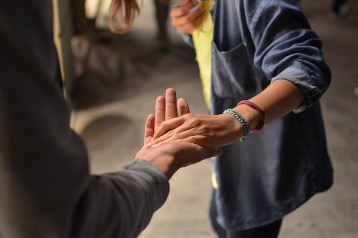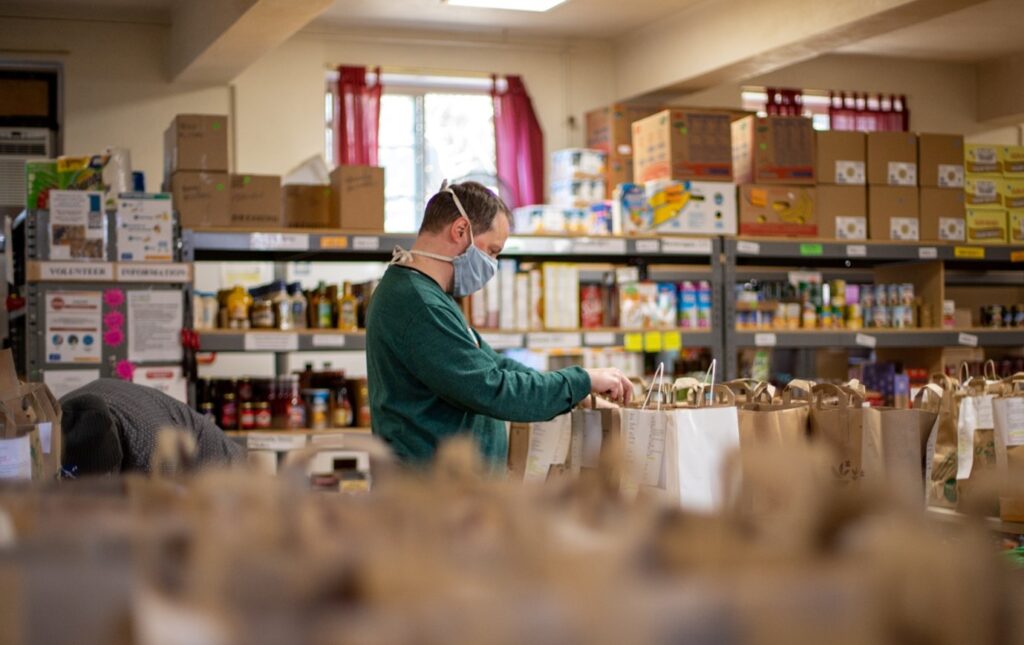
Urban youth often face a unique set of emotional, social, and academic challenges that can limit their potential and make it difficult for them to thrive. Growing up in environments marked by economic hardship, limited resources, and violence can profoundly impact their development. However, mentorship programs have emerged as a powerful tool in helping these young people navigate adversity and rise above their circumstances. Programs like those led by LaMorris Sellers of Atlanta are making a tangible difference by offering guidance, support, and hope to the youth who need it most.
Emotional Support: Navigating Trauma and Building Resilience
One of the most significant challenges faced by urban youth is the emotional toll of growing up in difficult environments. Exposure to trauma, whether from community violence, unstable home lives, or the pressures of poverty, can lead to chronic stress, anxiety, and depression. Without proper emotional support, these experiences can hinder a young person’s ability to focus in school, form healthy relationships, and envision a positive future for themselves.
Mentorship programs provide a safe and stable outlet for young people to express their emotions and process their experiences. Mentors often serve as trusted adults who can listen without judgment, offer advice, and, perhaps most importantly, provide consistent emotional support. Through the guidance of a mentor, urban youth can begin to build emotional resilience—developing the strength to cope with adversity, regain confidence, and foster a sense of self-worth. Mentors also teach essential coping strategies, such as setting goals, managing stress, and practicing mindfulness, which further aid in the emotional recovery process.
Social Challenges: Building Healthy Relationships and Community Connections
In addition to emotional struggles, many urban youth face social challenges that can lead to feelings of isolation or marginalization. These young people may lack positive role models in their immediate environment, leaving them vulnerable to peer pressure or negative influences. Moreover, systemic inequalities can prevent them from accessing extracurricular activities or community programs that foster social development and provide a sense of belonging.
Mentorship helps urban youth navigate these social obstacles by offering positive, stable relationships and exposing them to healthy social dynamics. Mentors serve as role models who demonstrate how to build and maintain respectful relationships with peers, teachers, and family members. They also introduce mentees to broader networks, such as community organizations, sports teams, or academic clubs, where they can engage with like-minded individuals in constructive ways. These experiences expand the mentees’ horizons, helping them build meaningful connections and fostering a sense of inclusion and purpose.
By reinforcing the importance of positive social interactions, mentors help their mentees develop communication and interpersonal skills that will benefit them long into adulthood. These skills not only improve their relationships but also increase their confidence in navigating different social spaces, from classrooms to workplaces.
Academic Challenges: Overcoming Barriers to Success
Academic struggles are another key challenge faced by urban youth, many of whom attend underfunded schools with overcrowded classrooms and limited access to resources such as tutoring or counseling. In these settings, students may not receive the personalized attention they need to succeed academically, leading to lower performance and disengagement from school. The cumulative effects of academic underachievement can be discouraging, further exacerbating feelings of frustration and hopelessness.
Mentorship programs provide the academic support and encouragement that urban youth often lack in their school environments. Mentors not only help students with their studies, but they also instill a belief in the value of education and hard work. By working one-on-one with mentees, mentors can identify academic strengths and weaknesses, tailoring their guidance to each student’s specific needs. Whether it’s helping with homework, preparing for exams, or simply providing a quiet space for studying, mentors offer invaluable support that helps youth stay on track academically.
Moreover, mentors help youth set realistic educational goals and develop strategies for achieving them. These goals may include improving grades, applying to college, or exploring vocational opportunities. By encouraging long-term academic planning, mentors empower their mentees to take control of their futures and realize their potential. This kind of individualized attention and motivation can make the difference between academic failure and success for many urban youth.
The Transformative Power of Mentorship: From Challenges to Champions
The impact of mentorship goes far beyond emotional, social, and academic support. At its core, mentorship transforms lives by helping young people develop the mindset and skills needed to overcome adversity. For many urban youth, the mentorship relationship is the first time they feel truly seen, heard, and valued. This validation can spark a profound internal shift, enabling them to believe in their potential and work toward their goals with renewed determination.
Mentorship also provides a model of success for young people who may not have access to such examples in their immediate surroundings. Seeing their mentors achieve personal and professional success allows mentees to envision similar paths for themselves. The consistent support of a mentor serves as a reminder that, despite the obstacles they face, they have the power to shape their own futures.
Over time, these young people not only overcome their challenges but often become champions within their own communities, giving back by becoming mentors themselves or contributing to the betterment of the neighborhoods they call home. This cycle of mentorship creates lasting change, helping urban communities become more resilient, connected, and hopeful.
Mentorship as a Lifeline for Urban Youth
Urban youth face complex challenges that can impede their ability to thrive, but mentorship offers a lifeline. By providing emotional support, fostering social connections, and offering academic guidance, mentors help these young people build the resilience and skills they need to overcome adversity. The transformation that occurs through mentorship benefits not only the individual but the entire community. When youth are empowered to succeed, they contribute to the vibrancy and strength of their neighborhoods, creating a ripple effect that lasts for generations.




